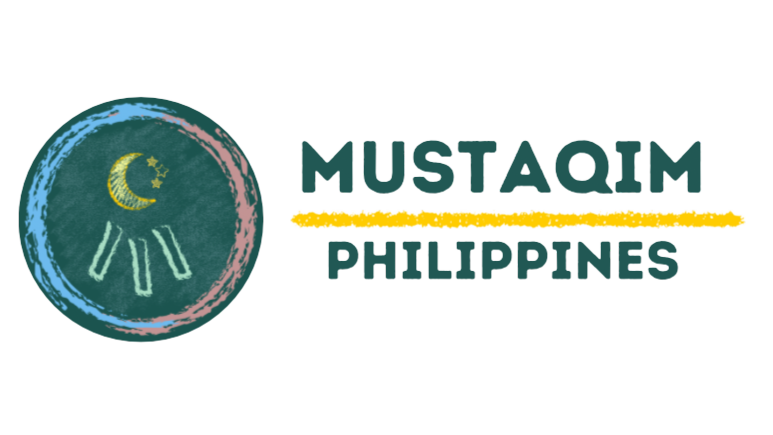The UN General Assembly has declared May 16 as the International Day of Living Together in Peace. The main purpose of which is to constantly mobilize the efforts of the international community to promote peace, tolerance, inclusion, understanding and solidarity.
With the Covid-19 pandemic still at hand, governments across the world have adopted measures and new dynamics which created both challenges and opportunities for peacebuilding. Covid-19 had serious implications for conflict-affected countries, primarily worsening existing inequalities, food insecurity, gender-based violence, community violence, stigmatization, unemployment and human rights violations, notwithstanding its impact over the healthcare systems and the economy. It has significantly affected the most impoverished and vulnerable.
The UN Secretary General took a stand against this global catastrophe and called for a global ceasefire. Of the 43 recorded countries with significant levels of organized violence, only 10 responded to the ceasefire call, 21 ignored it all together and many quickly dissolved.
Though a number of borders have opened and protocols have been easing out, the challenge of peacebuilding in the new normal remains to be a long-term challenge for governments faced with the risk of intensified levels of violence. The NGOs role in working with peacebuilding efforts of the government can also be intensified during the new normal if their digital capacities are addressed. This is of course over and above the need for donorship and funding. On the ground, the local organizations have created a bigger niche in peacebuilding efforts as they take the main stage in advocating pandemic awareness and addressing Cobvid-19 concerns within their respective local environments.
The digital space is something that is yet to be maximized through new approaches such as social media, and can result in higher levels of engagement in peacebuilding related work. Digital infrastructure and fewer economic barriers would be necessary to deploy through virtual channels.
Any of the mentioned means by which we can transition peacebuilding into the new normal however would still require a broader scrutiny to ensure all loopholes are addressed and that issues on confidentiality and privacy are addressed, especially as we delve into the digital framework.
Reference:
https://journals.sagepub.com/doi/full/10.1177/15423166211052832
